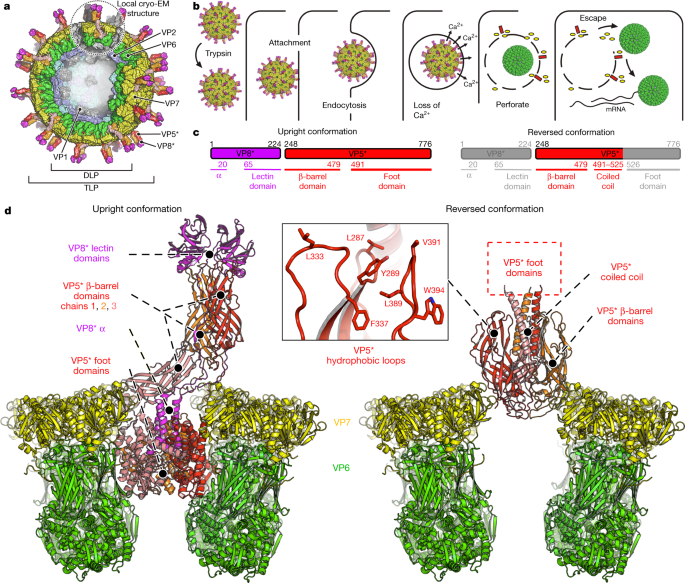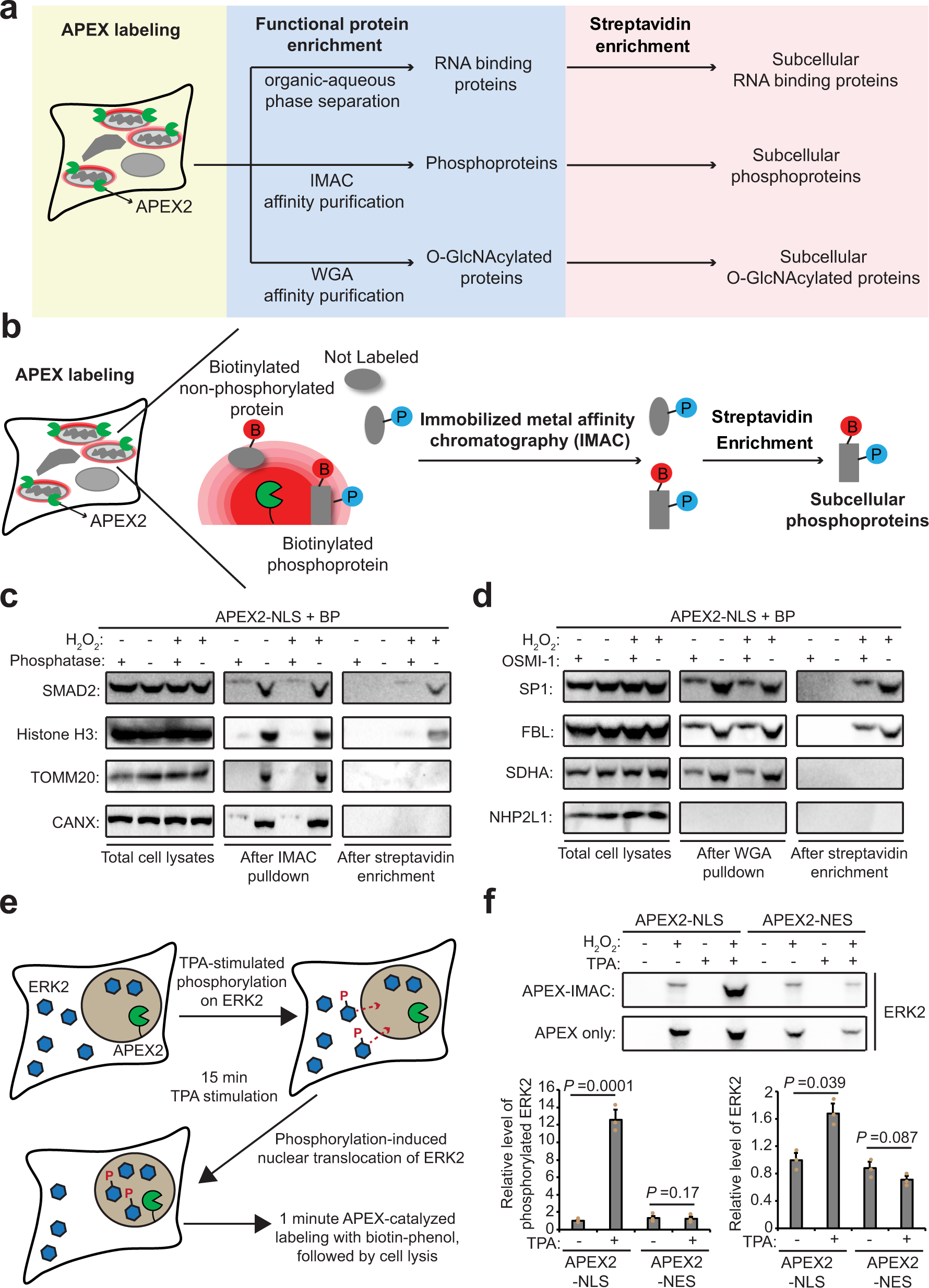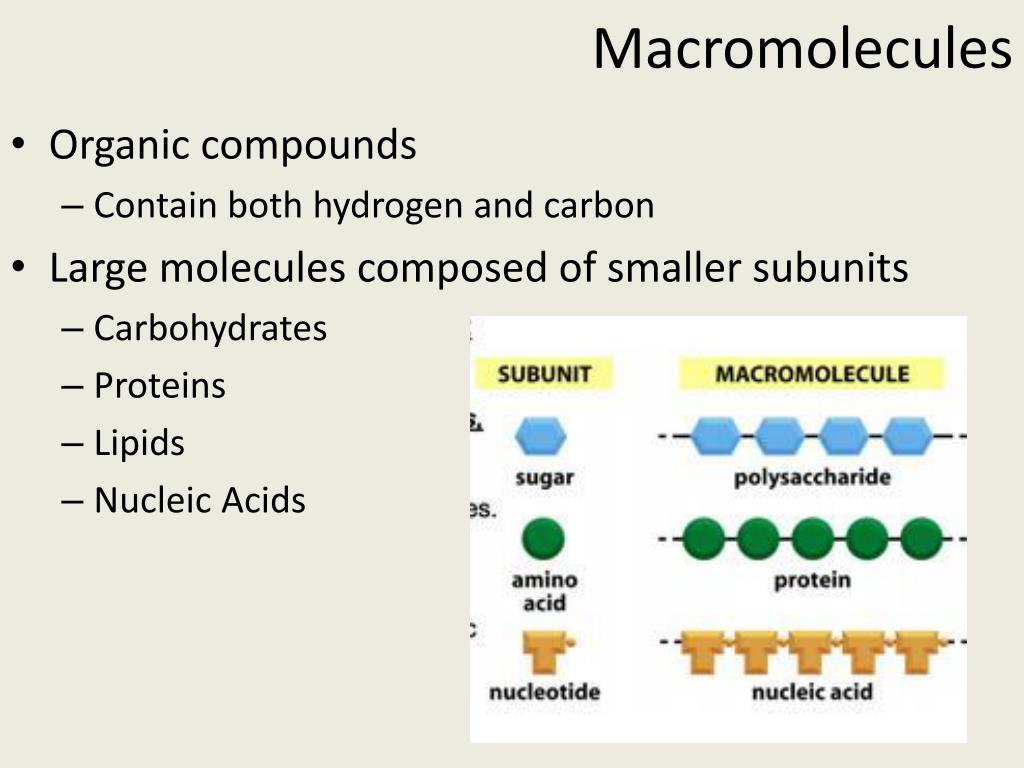What is the function for the macromolecule, nucleic acids? Cushioning the internal organs of an animal c.
Which Is A Function Of A Protein Macromolecule Apex. Makes up the code for living things b. The subject of this lesson is the function of protein in human biology. Making the leaves of plants waterproof. Proteins may be structural, regulatory, contractile, or protective.
 Bio-2.3.2 Quiz.docx - Which Is A Function Of A Protein Macromolecule D A.makes Cells Waterproof B.insulates Organisms Against The Cold C.provides Quick | Course Hero From coursehero.com
Bio-2.3.2 Quiz.docx - Which Is A Function Of A Protein Macromolecule D A.makes Cells Waterproof B.insulates Organisms Against The Cold C.provides Quick | Course Hero From coursehero.com
Related Post Bio-2.3.2 Quiz.docx - Which Is A Function Of A Protein Macromolecule D A.makes Cells Waterproof B.insulates Organisms Against The Cold C.provides Quick | Course Hero :
This article will provide a brief overview of the three macromolecules found in food. Of the four types of macromolecules to be discussed, proteinsare the most abundant and diverse. Making the leaves of plants waterproof. Cushioning the internal organs of an animal c.
There are many functions of proteins.
Which is a function of a protein macromolecule? Ap sites resulting from loss of bases are the most frequent lesions occurring in vivo in. Proteins facilitate practically every chemical reaction that occurs in a cell, as well as facilitate the transport of many small molecules in and out of the cell. Insulates organs of the body Lean meat is highest in the macromolecule known as ____., protein: They are the basic building blocks of living things and are responsible for the growth and repair of body cells and tissues.
 Source: nature.com
Source: nature.com
The building blocks of proteins are amino acids. Which is a function of a protein macromolecule? What is the function of macromolecules in insulation?
 Source: researchgate.net
Source: researchgate.net
Nutritional sources of protein are also covered. Nutritional sources of protein are also covered. A function of a protein macromolecule is:moving things in and out of cells.transporting other molecules in the bodyprotein macromolecule makes up the connective tissue in tendonsmoves things in.
 Source: slideplayer.com
Source: slideplayer.com
Four major types of macromolecules—proteins, carbohydrates, nucleic acids, and lipids—play these important roles in the life of a cell. The macromolecules are carbohydrates, proteins, and lipids. Insulates organs of the body
 Source: researchgate.net
Source: researchgate.net
Leave a reply cancel reply. Contains the full lesson along with a supporting toolkit, including teachers’ notes. Proteins are one of the most abundant organic molecules in living systems.
 Source: nationaldiagnostics.com
Source: nationaldiagnostics.com
The function of the protein macromolecule is to move things in and out of the cell and transport other molecules in the body. Ap sites resulting from loss of bases are the most frequent lesions occurring in vivo in. Proteins participate in almost all cellular functions.
 Source: sciencedirect.com
Source: sciencedirect.com
Protein is also important for growth and development in children, teens, and pregnant women. Of the four types of macromolecules to be discussed, proteinsare the most abundant and diverse. Makes up the code for living things b.
 Source: coursehero.com
Source: coursehero.com
What is the function for the macromolecule, protein? How do i increase my body protein? Insulates organs of the body
 Source: nationaldiagnostics.com
Source: nationaldiagnostics.com
Protein is also important for growth and development in children, teens, and pregnant women. Which is one function of a protein macromolecule? Ap sites resulting from loss of bases are the most frequent lesions occurring in vivo in.

Insulates organs of the body Lipids are composed of carbon chains that have one or more double bonds. The basic structure of protein is a chain of amino acids.
 Source: nature.com
Source: nature.com
Which is a function of a protein macromolecule? The macromolecules are carbohydrates, proteins, and lipids. The function of the protein macromolecule is to move things in and out of the cell and transport other molecules in the body.

What is the function of macromolecules in insulation? You need protein in your diet to help your body repair cells and make new ones. Provides waxy coating on leaves c.
 Source: coursehero.com
Source: coursehero.com
Proteins are a class of macromolecules that can perform a diverse range of functions for the cell. D a.makes cells waterproof b.insulates. Of the four types of macromolecules to be discussed, proteinsare the most abundant and diverse.
 Source: news-medical.net
Source: news-medical.net
Protein is also important for growth and development in children, teens, and pregnant women. The macromolecules are carbohydrates, proteins, and lipids. Insulates organs of the body
 Source: slideserve.com
Source: slideserve.com
There are many functions of proteins. Ap sites resulting from loss of bases are the most frequent lesions occurring in vivo in. A protein whose shape has been changed due to heat or harsh chemicals is known as a ____ protein.
 Source: coursehero.com
Source: coursehero.com
What is the function for the macromolecule, protein? Which is one function of a protein macromolecule? Protein is also important for growth and development in children, teens, and pregnant women.
 Source: slideplayer.com
Source: slideplayer.com
Cushioning the internal organs of an animal c. The basic structure of protein is a chain of amino acids. The building blocks of proteins are amino acids.
 Source: brainly.com
Source: brainly.com
Macromolecule 1.nucleic acids 2.water barrier, insulation, stores energy 3.fights diseases, builds and repairs tissue, catalyzes chemical reactions, transports materials 4.nucleic acids 5.gives immediate energy and provides structural support 6.carbohydrates 7.carbohydrates 8.proteins 9.lipids The function of the protein macromolecule is to move things in and out of the cell and transport other molecules in the body. Which is a function of a protein macromolecule?
 Source: coursehero.com
Source: coursehero.com
There are many functions of proteins. What is the function for the macromolecule, nucleic acids? Insulates organs of the body

The most important quality of an enzyme is its ___., shape. The protein enzymes function as a catalyst in cells, adaptable metabolism by selectively accelerating chemical reactions without being consumed. Lean meat is highest in the macromolecule known as ____., protein:
 Source: sciencedirect.com
Source: sciencedirect.com
Proteins facilitate practically every chemical reaction that occurs in a cell, as well as facilitate the transport of many small molecules in and out of the cell. Leave a reply cancel reply. Proteins may be structural, regulatory, contractile, or protective.
Also Read :





